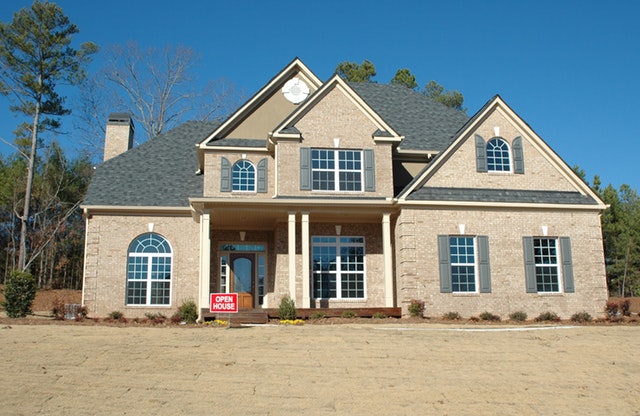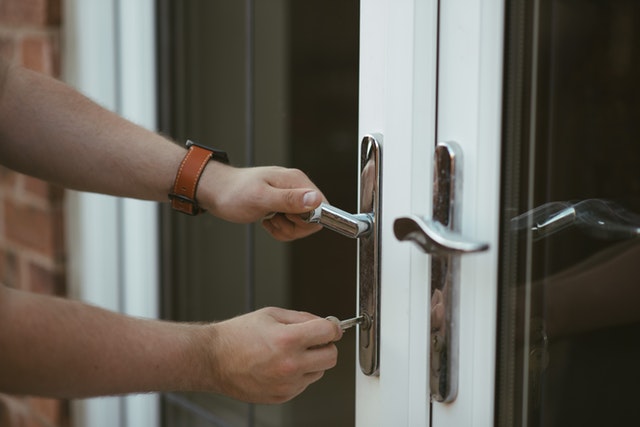 If you’re looking to get an untraditional deal on a new home purchase, you may encounter either a short sale or a foreclosure. These two terms refer to sales that are not usual. As a homebuyer, it’s important to understand the differences between them and how each one might affect your buying experience.
If you’re looking to get an untraditional deal on a new home purchase, you may encounter either a short sale or a foreclosure. These two terms refer to sales that are not usual. As a homebuyer, it’s important to understand the differences between them and how each one might affect your buying experience.
What’s A Short Sale?
A short sale is a situation where the owner has a strong motivation to hurry up and sell their home. In so doing, they’re willing to sell for less than what they owe on the house. Homeowners have a variety of reasons why they might do a short sale. Their reasons might include a personal emergency, or they might be trying to protect themselves against a future foreclosure.
In a short sale, the owner’s lender has to be apprised of the plan. In many cases, the lender is supportive of the short sale, since it keeps them from having to go through the long and expensive process of a foreclosure.
Short sales can represent great deals for buyers. However, since this type of sale is so unusual, the process of buying often takes a much longer time than a regular home purchase. You’ll need to be patient, but if the sale does go through, your patience can pay off.
What’s A Foreclosure?
A foreclosure is a situation where the owner’s lender is forcing the sale of the property due to unpaid mortgage payments. The lender is essentially taking back ownership of the property. The bank then puts the home up for sale as a foreclosure, and is the official seller of the property.
A foreclosure property may offer a good deal for a buyer, but the process may be long and drawn-out. Since the seller is the lender, they are not in any particular hurry to sell a property, and the transaction can be very complicated.
If you’re interested in buying a short sale or a foreclosure, you should look for a real estate agent that specializes in these types of transactions. Your real estate agent can help you to successfully navigate through all the red tape that short sales and foreclosures inherently have.
 There comes a time in every young homeowner’s life when they need a bigger house. When you buy a starter home, it’s unlikely that will be your forever home. But how do you know when it’s time to spend the time and effort to upgrade to a larger home?
There comes a time in every young homeowner’s life when they need a bigger house. When you buy a starter home, it’s unlikely that will be your forever home. But how do you know when it’s time to spend the time and effort to upgrade to a larger home? If you’re already a homeowner and you’re getting ready to buy a new home, you know it’s tricky to buy and sell a home at the same time. There are lots of questions about how to handle this scenario. What if your old home doesn’t sell quickly?
If you’re already a homeowner and you’re getting ready to buy a new home, you know it’s tricky to buy and sell a home at the same time. There are lots of questions about how to handle this scenario. What if your old home doesn’t sell quickly? A growing supply of housing, volatility in the marketplace and risks in the development process all affected the multifamily market in 2018. In 2019, these three factors will continue to move the needle.
A growing supply of housing, volatility in the marketplace and risks in the development process all affected the multifamily market in 2018. In 2019, these three factors will continue to move the needle. Many sellers hire inspectors and appraisers to value their home prior to placing it on the market. It’s important for buyers to hire their own inspector to get an independent opinion. If a buyer orders an inspection before the sale goes through, the seller may have to resolve any issues that arise. If you forego the inspection, you inherit any problems that come with the house.
Many sellers hire inspectors and appraisers to value their home prior to placing it on the market. It’s important for buyers to hire their own inspector to get an independent opinion. If a buyer orders an inspection before the sale goes through, the seller may have to resolve any issues that arise. If you forego the inspection, you inherit any problems that come with the house. Are you trying to decide if you should rent or buy? There are many reasons why home ownership is better than renting. Here are just a few to consider when you’re making your decision.
Are you trying to decide if you should rent or buy? There are many reasons why home ownership is better than renting. Here are just a few to consider when you’re making your decision. When you walk through a house with your real estate agent, you’re seeing if you and your family would be happy living there. But you’re also probably looking for signs of trouble that might spell big expenses later on. Be careful, though. It’s important to see the “bones” of the house rather than focusing on minor issues.
When you walk through a house with your real estate agent, you’re seeing if you and your family would be happy living there. But you’re also probably looking for signs of trouble that might spell big expenses later on. Be careful, though. It’s important to see the “bones” of the house rather than focusing on minor issues. As a new homeowner, now is the time to take control and organize your house for safety and security. The following first five steps should be carried out in the first few weeks if possible.
As a new homeowner, now is the time to take control and organize your house for safety and security. The following first five steps should be carried out in the first few weeks if possible. Your real estate agent can be the difference between a successful home buy and a bad purchase. Take a look at the characteristics of a good real estate agent and how you should vet your next partner in real estate.
Your real estate agent can be the difference between a successful home buy and a bad purchase. Take a look at the characteristics of a good real estate agent and how you should vet your next partner in real estate. Choosing a neighborhood you live in is almost as important as the house you buy. The right neighborhood can make your house feel even more like a home. But how do you find the right neighborhood to shop for your next home?
Choosing a neighborhood you live in is almost as important as the house you buy. The right neighborhood can make your house feel even more like a home. But how do you find the right neighborhood to shop for your next home?